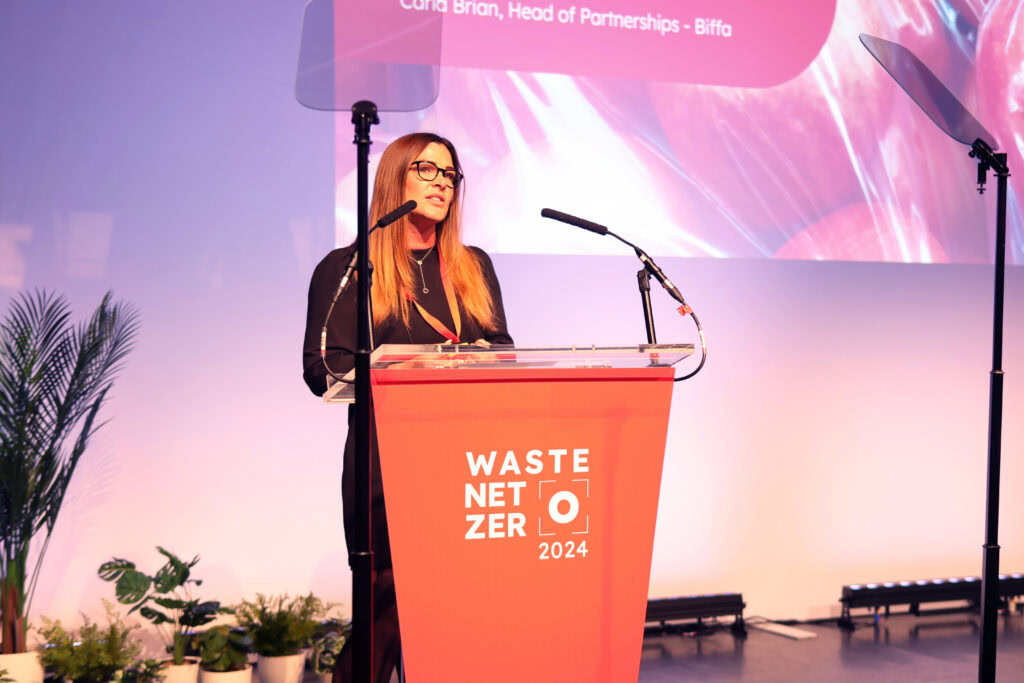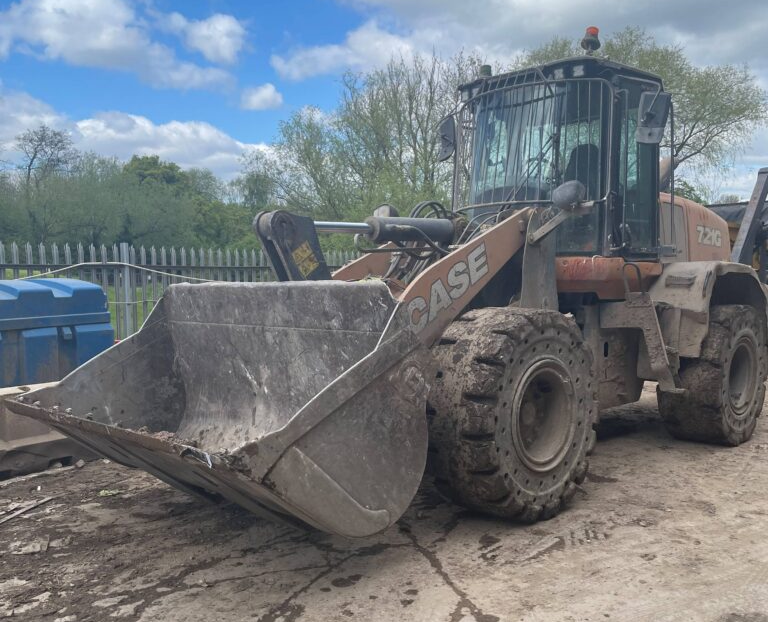The Waste Urban Development Fund (UDF) is under the overall management of the European Investment Bank (EIB), and comprises £18 million from the Mayor of London’s London Waste and Recycling Board, with the remainder coming from the European Regional Development Fund and London Development Agency.

At an event held in the capital, all the parties involved in the initiative gave details of the procurement process the EIB is currently running to appoint a manager for the fund, which expects to offer equity and loans to projects.
And, they provided information on the type of projects that could benefit from the fund, with a focus on developing new waste treatment, recycling or reuse facilities or expanding existing plants, but not on general waste operations such as collections.
Outlining the aims of the fund at the event, the vice president of the EIB, Simon Brooks, explained that it aimed to support “real projects”, to get “the real bite on climate action”.
He added: “As far as the UDF is concerned it is its role to look at potential investments whatever the technology and to decide whether they’re sustainable in a financial sense on the basis of the fund manager’s assessment of how a project can go forward.”
The fund represents the first pot of money to be allocated from the £100 million London Green Fund, which is the capital’s part of the Europe-wide JESSICA, or Joint European Support for Sustainable Investment in City Areas, initiative – a project which allows European funding for cities to be provided to climate change infrastructure development.
Fund manager
The process of getting the waste UDF up and running began in earnest last month with the EIB beginning the procurement process for appointing a fund manager to take responsibility for the UDF.
Steven Henderson, UK holding fund manager for the EIB, explained that the procurement process for the fund manager would reward those who showed they could attract private sector co-financing for projects, noting that: “UDF funding should only develop 50% maximum of funding for a project, we want it to have private capital introduced alongside it.”
And, his colleague, Frank Lee, head of holding funds for Northern Europe at the EIB, added that once a preferred bidder was appointed to manage the UDF fund, “by the end of Q3, beginning of Q4 we hope to sign something and make the fund available to the fund manager”.
The fund will then have until December 31 2015 to allocate its pot of money, and is expected to operate for around 10 years, during which time the capital it has paid out is expected to be paid back by projects which have received loans or equity.
LWaRB
Commenting on how the LWaRB, which also provides funding for waste infrastructure in the capital, will work in relation to the new UDF, the body’s chief operating officer, Andy Holdcroft said: “LWaRB is a complementing rather than a competing fund to the LGF. We want to see where they can support each other.”
The £18 million from LWaRB is drawn from the overall pot of £84 million that the statutory body currently has to allocate (see letsrecycle.com story).
Mr Holdcroft also stressed that both sources of money could contribute to the same project but that they had their own independent qualification criteria.
His sentiments were echoed by Mr Henderson, who said: “The UDF manager is expected to work closely with LWaRB to identify co-investment opportunities.”
Projects
Outlining the kinds of projects that would eligible to apply to the UDF once a fund manager was appointed, the EIB officials at the event listed the following developments:
-
value adding re-use, recycling and/or reprocessing facilities;
-
waste to energy facilities;
-
and/or other facilities displacing fossil fuel such as ‘waste to fuel’.
Explaining that “projects must involve building something”, Mr Henderson also highlighted that they must also sit within the London Plan and the Mayor of London’s Municipal Waste Strategy (see letsrecycle.com story).
He noted that the UDF “potentially opens up a new source of funding to local authorities”, but that they could only look to directly secure money from the fund if they were building a facility themselves, otherwise the funding would have to be allocated to the contractor building a facility.
While the actual criteria and processes to be used for allocating money to projects is expected to be finalised once a fund manager is appointed, Mr Lee did note that: “We need to make sure the fund manager is actively looking for projects but the extent to which they put out requirements will be up to us and the fund manager to agree.







Subscribe for free